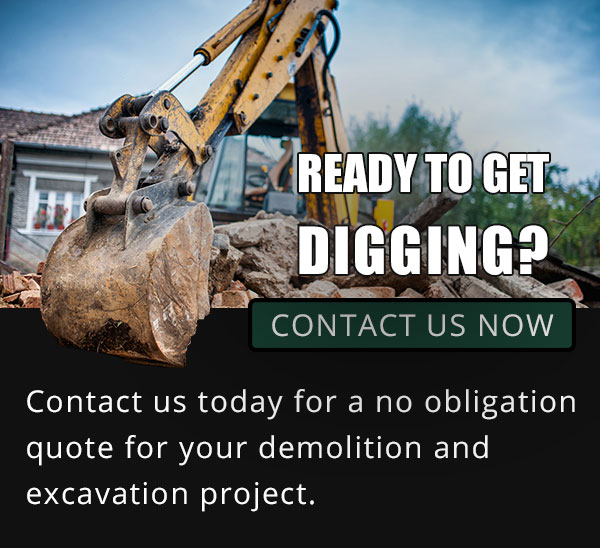While it’s fun to have a private swimming pool at your home, there are definitely pros and cons to be considered. The reality is that a pool isn’t actually an investment. Even though it’s a luxury feature, it requires both time and money to maintain. Additionally, many homeowners are worried about liability concerns if an […]
The Cost-Effective Benefits of Pool Removal
Commercial Pool Removal
If you are ready to get rid of an old pool in your backyard that costs you more money than it’s worth, pool excavations But what does an extensive project like this entail? While it is essential to remove your inground pool the right way, you must also consider the implications that pool removal can […]
There are many home improvement projects you can do without hiring a contractor, such as painting a room or planting flowerbeds. However, certain projects need professional services, such as swimming pool removal. Why are you asking the question: can I remove my own swimming pool? Most of the time, it’s because homeowners don’t want to […]
Are you dreaming of that big, beautiful backyard where you can run and play with your kids? If you have a large pool taking up all that space, your backyard may seem a bit like a prisoner to the pool, keeping you from utilizing it the way you want. Maybe you’re just tired of the […]
Having your very own pool in your backyard can sound desirable and ideal. But time goes on, and the pool maintenance fees stack up as the pool usage goes down. It may be time for pool removal services in NJ. A nice-sized pool can be pricey to remove, but the investment can cost much less […]
On a sweltering day when the sun feels like it’s about 10 feet over your head, there is nothing quite as nice as jumping into a pool. Whether you actually swim, float, or just submerge yourself up to your chin, once you’re in, you don’t feel like getting out for a while. A pool can […]
Commercial pools work overtime to keep crowds happy, and eventually, time and use take their toll on even the best-maintained facilities. Here’s how long you can expect a pool to last and what to do when it’s removal time. Commercial pools are built to be tough, but eventually, they all need to be removed or […]
Pool removal is one of the trickiest excavation jobs there are. An amateur attempt will quickly create more problems than a hotel wants to handle. Hiring an experienced firm will make sure your property stays high and dry. Swimming pools can be a real jewel in a hotel’s crown. They add a certain degree of […]
The benefits of hiring a professional speak for themselves, but does it really matter if your choice is local? It certainly does. Here are the many reasons why a contractor from your own neighborhood is a cut above the rest. Right off the bat, a local business is quite literally invested in their community. They’re […]
Commercial Excavation: It’s more than just removing trees and digging holes Walk across the ground of an empty lot. It can seem solid. And that may be so, for the weight of a human. It’s a different story for heavy equipment and certainly a building. The weight of a building has a different impact on […]

